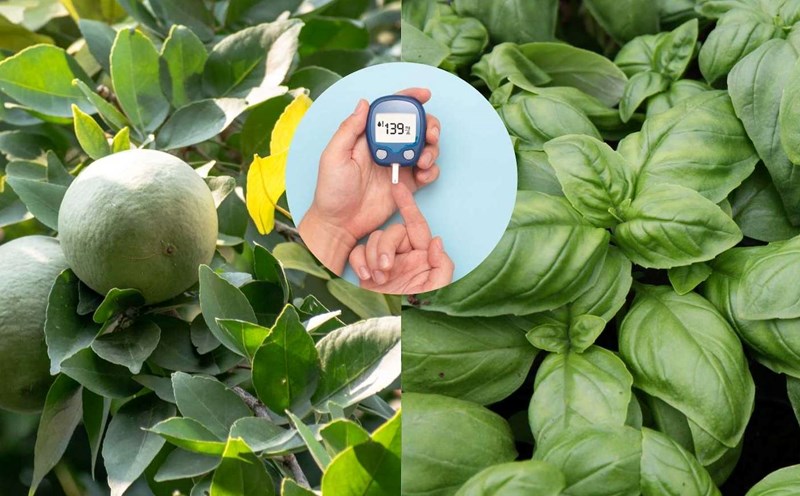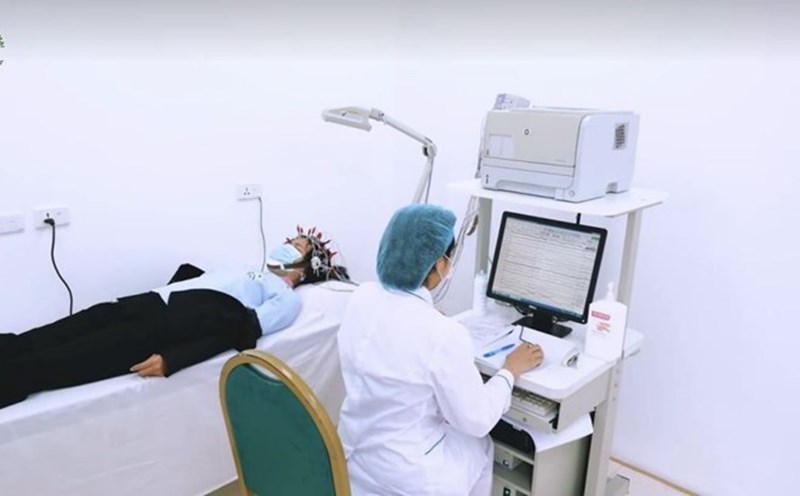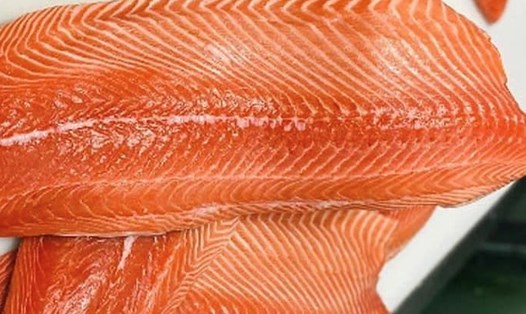Water
Dehydration can lead to increased blood sugar because it increases the hormones vasopressin and cortisol, affecting blood sugar regulation. Increasing water intake can help reduce the risk of type 2 diabetes and help lower blood sugar in people with the disease.
In addition, drinking enough water also helps create a feeling of fullness, helping to limit the intake of additional starch or sugar through snacks.
Milk
Although it contains carbohydrates and sugar (lactose), some studies show that cow's milk can help reduce blood sugar. The fats and proteins in milk help you feel full longer, thereby slowing down the increase in blood sugar after eating. To get the benefits, choose whole milk because the fat content is higher than skim milk.
Green tea
Green tea contains antioxidants that can help control blood sugar and reduce inflammation. The catechins in green tea can help improve insulin sensitivity the bodys ability to control blood sugar.
Black tea
Black tea contains antioxidants that can help regulate blood sugar, fight inflammation and reduce the risk of diabetes. One study found that drinking at least one cup of black tea a day can reduce the risk of type 2 diabetes by up to 14%.
Black tea also contains theaflavins - a powerful antioxidant that helps fight free radicals, which are associated with many chronic diseases such as diabetes.
Tomato juice
Tomato juice has a low glycemic index, meaning it does not cause a sudden increase in blood sugar. One study found that drinking a glass of tomato juice 30 minutes before meals improves post-meal blood sugar.
Tomatoes also contain lycopene - an antioxidant that can help reduce blood sugar and limit diabetes complications thanks to its anti-inflammatory properties.











